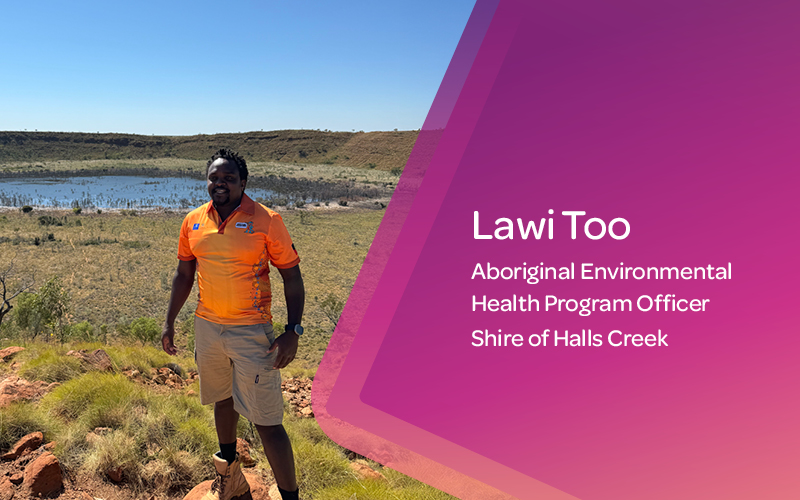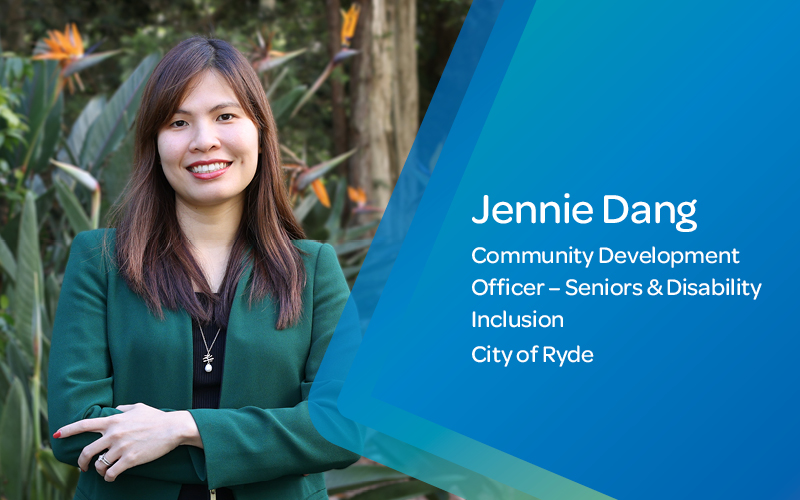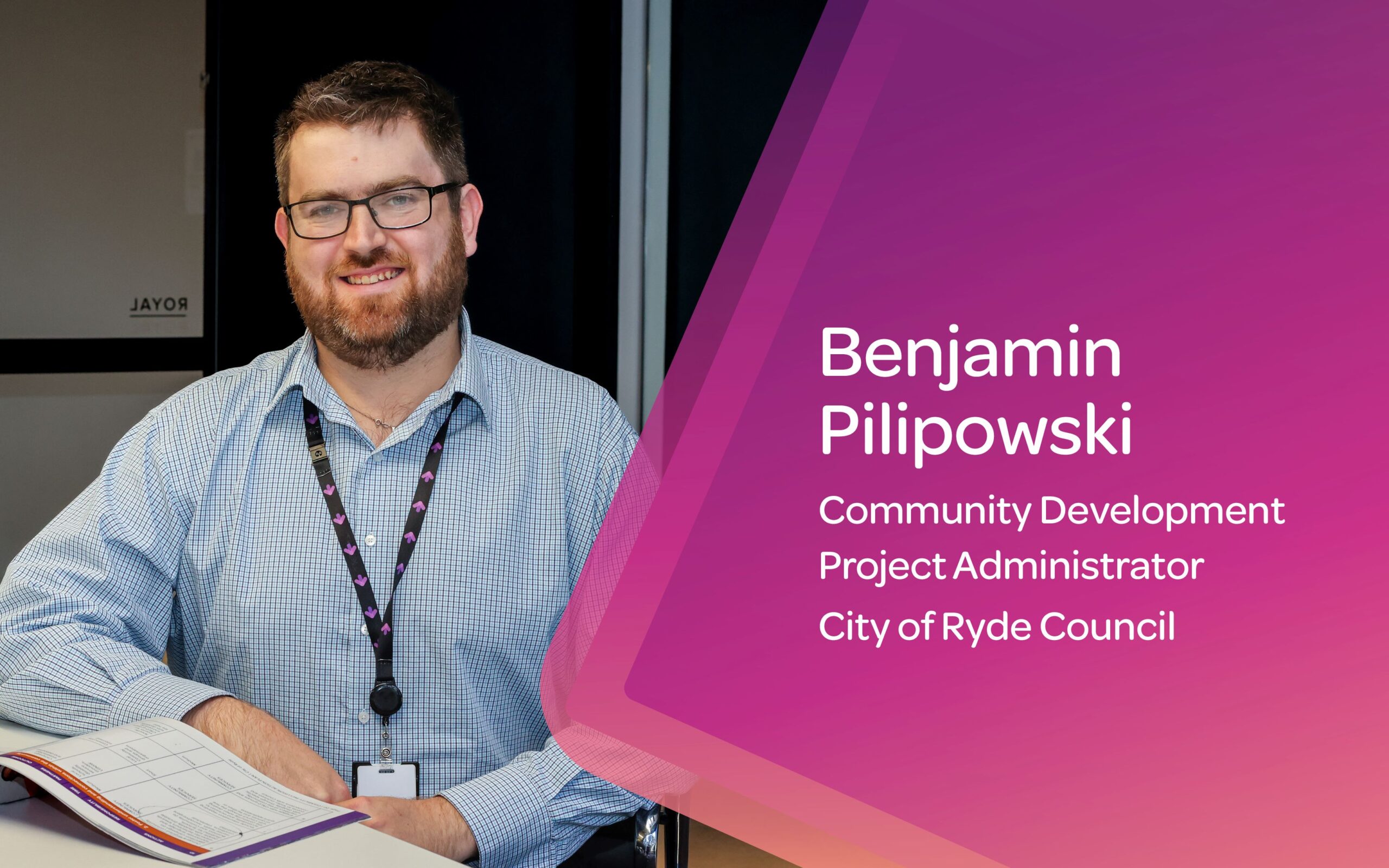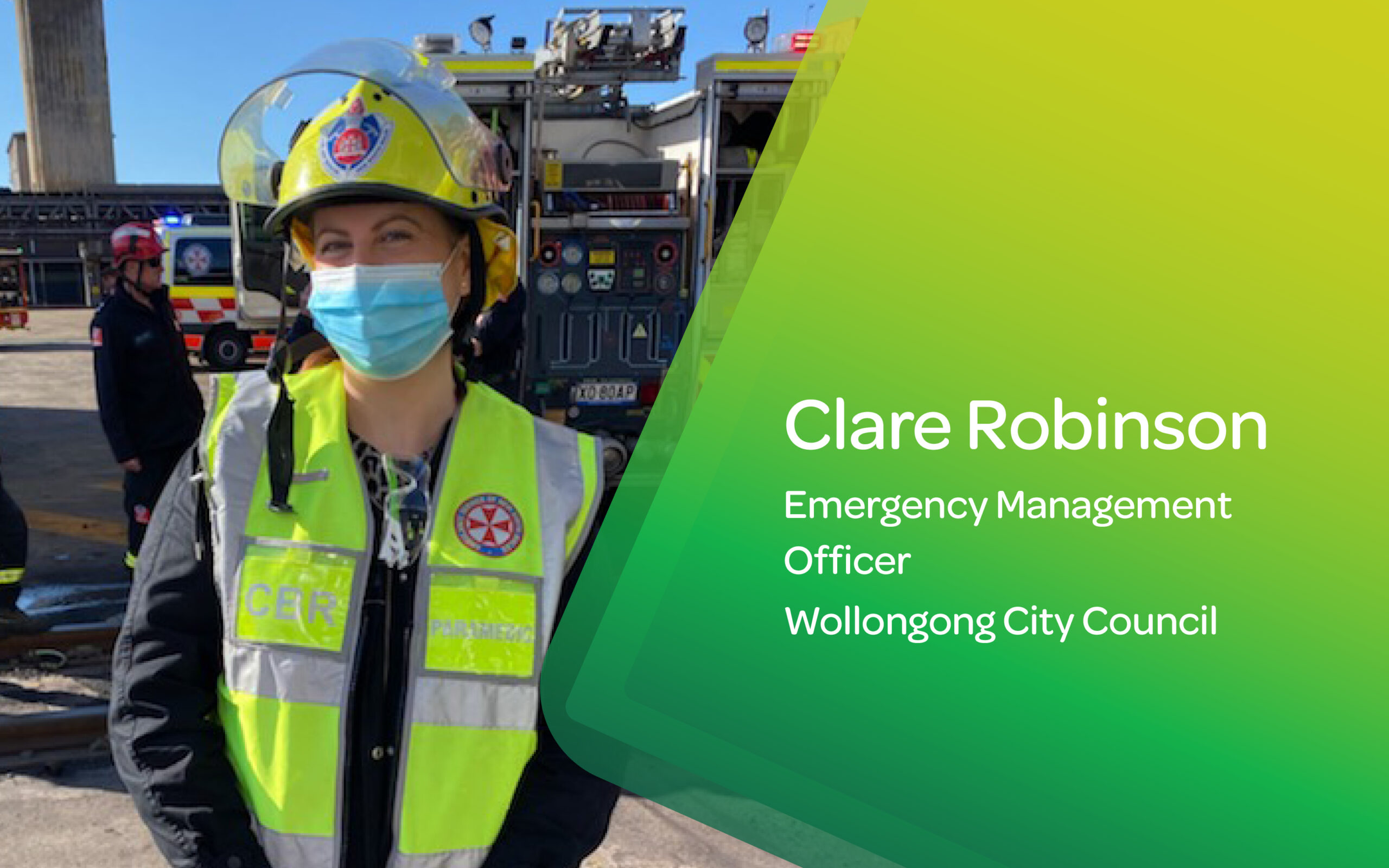10 tips for writing an effective CV and cover letter
Read time: 4 min read
Previous article Next article
Applying for a role in local government is an exciting opportunity to make a meaningful impact in your community. To stand out, your CV and cover letter need to do more than just list your skills, they must demonstrate your ability to meet the specific requirements of the role.
To help you create an impressive application, here are 10 essential tips tailored to local government roles:
- Understand the role and the council
Before you start writing, take the time to thoroughly research the council you’re applying to and the role itself. Familiarise yourself with the council’s values, community priorities, and current projects. This will allow you to tailor your application to show how your skills and experiences align with their goals. For example, if the council prioritises sustainability, highlight your experience with environmentally focused initiatives.
- Tailor your application to the selection criteria
Selection criteria are a key part of most job applications. These criteria outline the essential skills, qualifications, and experiences required for the role. It’s critical to address each criteria clearly in your cover letter, or as a separate statement, depending on the council’s requirements. Use specific examples to demonstrate how you meet these criteria – don’t assume the recruiter will automatically understand your suitability.
- Use the STAR method for examples
When addressing selection criteria, structure your examples using the STAR method:
- Situation: Describe the context or problem you faced.
- Task: Explain your responsibility in that situation.
- Action: Detail the steps you took to address the task.
- Result: Highlight the outcome and its impact.
For example: “In my previous role as Community Engagement Officer, I led a public consultation campaign (Situation) to address concerns about a new development plan (Task). I organised community meetings, managed feedback channels, and prepared summary reports for council leaders (Action), resulting in a 25% increase in community participation and a plan that reflected resident priorities (Result).”
- Highlight relevant skills and experiences
Local government roles vary widely, so it’s important to focus on the skills and experiences most relevant to the specific position you’re applying for. Carefully review the job description to identify the key requirements and ensure your CV highlights your ability to meet them. Even if you’re transitioning from another industry, emphasise transferable skills such as communication, teamwork, problem-solving, or project coordination that align with the role’s responsibilities.
- Keep your CV concise and organised
Your CV should be a clear, concise summary of your qualifications and achievements. Use consistent formatting, clear headings, and bullet points to improve readability. Include:
- A professional summary at the top.
- Relevant employment history, starting with your most recent role.
- Key achievements and responsibilities for each position.
- Educational qualifications and certifications.
- Relevant skills, such as software proficiency or project management expertise.
Limit your CV to two to three pages, focusing on quality over quantity.
- Write a strong cover letter
Your cover letter is your chance to make a personal connection with the recruiter. Use it to explain why you’re passionate about working for the council and how your skills align with the role. Address the key requirements in the job description and provide specific examples (see tips 2 & 3) of how your experiences make you the ideal candidate.
- Include quantifiable achievements
Whenever possible, back up your claims with measurable results. For example:
- “Managed a $500,000 project budget, delivering results on time and within scope.”
- “Maintained grounds used by over 1,000 residents monthly, achieving a 95% customer satisfaction rating.”
- “Performed safety checks for a facility accommodating 500 daily visitors, ensuring zero safety incidents during peak seasons.”
- “Increased participation in community programs by 30% through targeted outreach efforts.”
These details provide concrete evidence of your impact and help recruiters understand the value you bring.
- Avoid these mistakes
Steer clear of these common application mistakes:
- Using generic language or submitting the same CV and cover letter for every application.
- Failing to address all selection criteria.
- Including irrelevant or outdated information.
- Submitting documents with typos or formatting errors.
- Proofread and ask for feedback
An error-free application is essential. Carefully proofread your CV and cover letter for typos, inconsistencies, or formatting issues. If possible, ask a trusted friend, mentor, or career advisor to review your documents and provide feedback.
- Follow submission guidelines
Every council has its own recruitment process, so it’s crucial to follow the application guidelines provided in the job advertisement. Pay attention to:
- Required formats (e.g., PDF or Word document).
- Page or word limits for your CV and cover letter.
- Deadlines – submit your application well before the closing date to avoid last-minute issues.
Applying for a local government role is your opportunity to contribute to your community while advancing your career. With these 10 tips in hand, you’re ready to explore the exciting opportunities on offer and submit your applications with confidence.
Start your journey toward a meaningful and impactful career today!




















